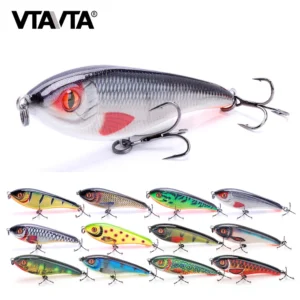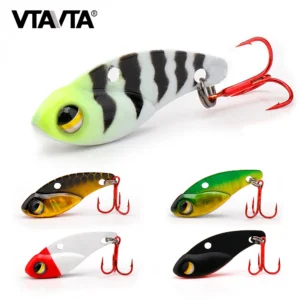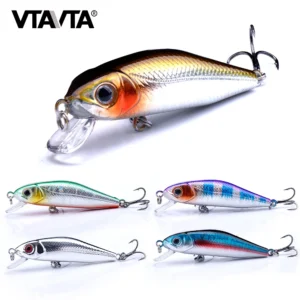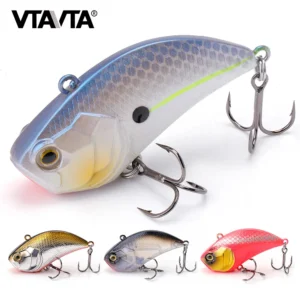Why Angling is the New Meditation: How Fishing Improves Mental Health & Focus
The Surprising Secret to Zen Living Isn’t on a Yoga Mat—It’s by the Water
Did you know that 75% of anglers report lower stress levels after just a few hours casting a line? Forget mindfulness apps—today’s ultimate mental reset tool is a fishing rod. In a world obsessed with productivity, fishing offers something rare: unplugged focus, nature therapy, and a science-backed path to emotional balance. Dive in to discover why angling is America’s fastest-growing antidote to burnout—and how it rewires your brain for calm and clarity.
I. The Science of Solitude: How Fishing Mirrors Meditation
1. The “Flow State” Phenomenon
Fishing demands a unique blend of patience and precision, triggering what psychologists call the “flow state”—a hyper-focused mental zone where time dissolves, and stress evaporates. Like meditation, this state lowers cortisol (the stress hormone) and boosts dopamine, creating a natural high.
Pro Tip: Studies show rhythmic activities (like casting or fly-tying) synchronize breathing and heart rate, mimicking meditative practices such as mantra repetition.
2. Nature’s Neurochemical Reset
The American Psychological Association confirms that “blue spaces” (water environments) reduce anxiety 30% faster than urban settings. Fishing combines this with the “soft fascination” of nature—gentle stimuli (rippling water, bird calls) that relax the brain without overwhelming it
II. Fishing vs. Traditional Meditation: Why Anglers Are Winning
1. Active Mindfulness > Passive Sitting
While seated meditation works for some, many find it frustratingly abstract. Fishing offers “active mindfulness”—a tangible goal (catching fish) paired with sensory engagement (sight, sound, touch). This duality keeps the mind anchored, preventing intrusive thoughts.
Real Talk: “When I’m tracking a bass, my ADHD brain finally shuts up. It’s like yoga for people who hate yoga.” — Jake M., Texas angler
2. Social Connection Without Pressure
Unlike solitary meditation, fishing thrives in both solitude and community. Shared dockside stories or quiet camaraderie in a boat foster “low-stakes bonding”—a proven buffer against loneliness and depression.
A 2024 survey found 68% of anglers fish with family/friends monthly, linking it to stronger relationships and emotional resilience.
III. The Brain-Boosting Benefits of Angling
1. Sharper Focus, Fewer Distractions
Fishing trains the brain to filter out noise. Waiting for a bite hones selective attention, while analyzing water conditions engages problem-solving skills. Neuroscientists note similar cognitive benefits in long-term meditators.
Case Study: Veterans with PTSD show a 40% reduction in hypervigilance after 8 weeks of guided fishing therapy7.
2. Emotional Regulation Through Routine
Pre-dawn prep (tying lures, checking gear) creates a ritualized calm, akin to meditation’s grounding techniques. This routine lowers anxiety by providing predictability in chaotic lives1.
Pro Hack: Use a “pre-cast checklist” (bait, knots, weather) to transition mentally from “work mode” to “water mode.”
IV. How to Start Your Therapeutic Angling Journey
1. Gear Up for Mental Gains
Beginner Kit: A $50 spinning combo (rod + reel), pre-tied hooks, and live bait eliminate decision fatigue.
App-Free Zone: Ditch fish-finders; analog fishing sharpens instinctive focus.
2. Location, Location, Serenity
Urban Oases: City ponds and piers offer quick escapes.
Wilderness Immersion: National parks like Yellowstone combine fishing with awe-inspiring vistas for maximum mental reset.
3. Master the “5-Minute Mindful Cast”
Breathe: Inhale during the backcast, exhale on the forward motion.
Observe: Note water color, wind direction, and insect activity.
Release: Visualize stress drifting away with each unhooked fish.
V. The Future of Fishing as Mental Healthcare
Therapists are prescribing “angling hours” instead of pills for mild anxiety. Meanwhile, companies like REI and Yeti sponsor corporate fishing retreats to combat workplace burnout. With 18 million new U.S. anglers since 2020, fishing isn’t just a hobby—it’s a movement.
Final Cast: Whether you’re battling carp or chasing trout, every cast is a step toward a calmer, sharper you. The water’s fine—and your best mental health day is just a bite away.




